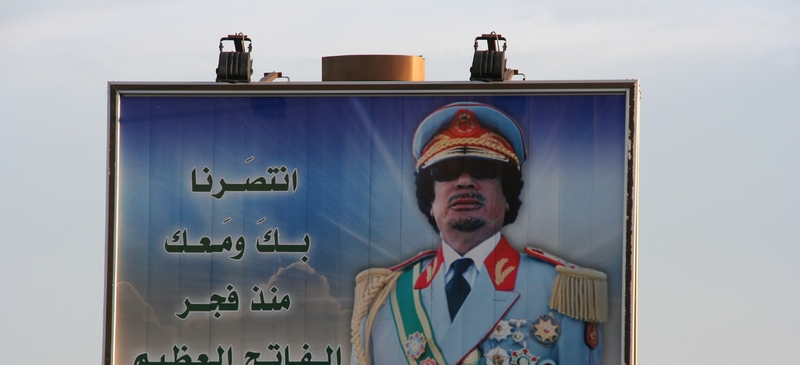
Britain draws the wrong lessons from Libya
When it comes to defence, the United Kingdom is giving up on the EU. For most Britons, the war in Libya has confirmed that the majority of European countries are simply not serious about defence. Hence efforts to co-operate with them are a waste of time. True: despite years of prodding from the US, Britain and France, many European countries still have not equipped their armed forces for post-cold war conflicts and they remain reluctant to use them. But the experience of the Libya intervention, together with widespread budgetary austerity in Europe, has only strengthened the case for European defence collaboration.
Britain was one of the driving forces behind EU defence co-operation in the 1990s. Back then, the Balkan wars made the UK realise that the US might not always be prepared to stabilise conflicts in Europe's neighbourhood. In addition, American policy-makers told their British partners in private that unless the Europeans contributed more actively to transatlantic security, NATO was not going to last. The then-Labour government hoped that the EU would help to create the political will amongst European governments to improve their armed forces.
Since then, however, Britain has grown increasingly disillusioned with EU efforts and its European allies more broadly. Despite repeated promises within both the EU and NATO to contribute more actively to global security, many European governments have cut back their defence spending. They have refused to buy the military equipment needed to deploy their forces abroad. And they have been unwilling to send their troops to dangerous places.
For most Britons, Libya is further evidence that European defence co-operation is futile. In their eyes, Germany's refusal to vote for the intervention at the UN is proof that there is no common European approach to security. The fact that half of NATO allies are not taking part in the bombing campaign shows that – as in Afghanistan – even when countries officially share Britain's objectives, they are unwilling to incur the costs and risks required to achieve them. Or they cannot help because they lack the appropriate military capabilities. As a result, Britain's coalition government is increasingly keen to work only with France and a few other European countries which it considers serious military partners, while withdrawing from other European defence efforts, in particular those of the EU.
Yet if anything Libya should have strengthened Britain's support for EU defence co-operation. Washington's refusal to play a leading role in the bombing campaign confirms that Europeans need to be able to tackle some conflicts alone. Senior US officials (including Robert Gates while he was Defence Secretary) now publicly ask whether NATO can survive without Europeans improving their military capabilities. At a time when most European countries, including Britain, are fiercely cutting their defence budgets, such improvements can only be achieved through closer co-operation.
The EU's Common Security and Defence Policy has failed to deliver many of its objectives – not least the ability to deploy 60, 000 troops and sustain them for a year. But it has spurred European countries to make some improvements to their armed forces. For example, Finland took advantage of the EU battlegroup initiative (designed to provide the EU with small units of rapidly deployable forces) to upgrade its transport aircraft. Spain made its military more rapidly deployable and Italy set up a joint force headquarters.
The current Polish EU presidency is keen to strengthen EU defence co-operation. However, Britain has quickly vetoed one of Warsaw's flagship ideas, to set up a permanent EU military headquarters. The UK has always considered EU headquarters as a waste of money and a duplication of NATO structures. But London should support some of Warsaw's other suggestions, in particular efforts to make it easier to call upon EU battlegroups (so far they have never been used). In addition, the UK should fully engage with EU efforts to strengthen co-operation amongst European armed forces in order to limit the damage of defence spending cuts. British exasperation towards some of its European neighbours is understandable. And certain European countries are likely to remain reluctant to invest in their armed forces or send their soldiers abroad. Nevertheless, the UK cannot afford to stop making the case for stronger European defence.
